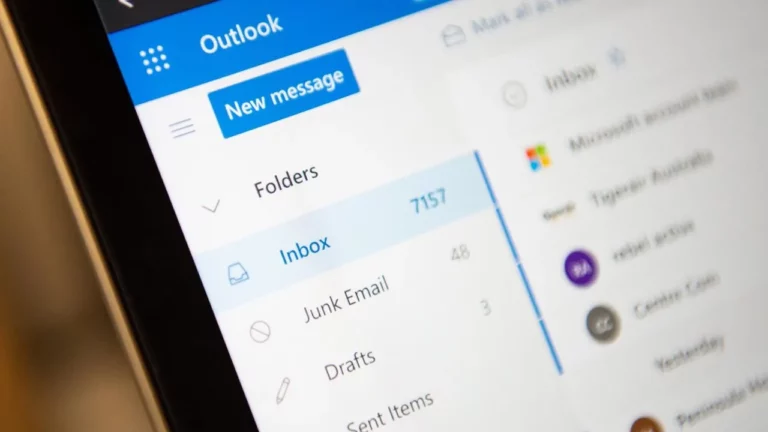How to Financially Prepare For a New Venture – with Matthew Boyd
Regardless of your incredible idea, your industry-changing product, or how impeccable your online marketing strategies are if you haven’t prepared financially for a new business, you may find yourself in financial trouble quickly. Being prepared financially is essential to the long-term success and growth of your business.
Here is some useful advice to help you avoid some of the common financial errors people make when starting a new business.
Cashflow, cashflow, cashflow
This not only applies to the start but is a piece of advice to carry through every growth period in the business. You want to know where every single dollar is coming in from and where it is being spent. If you don’t keep on top of your cash flow, you are going to put your business in a highly vulnerable state. It really won’t matter how great or unique your idea is when you run out of the money. So our advice is, establish a budget and stick to it.
Keep your outgoings low
Similar to point number one, Make sure you are prepared to keep your expenses low, this is the key to longevity in any business. Remember to think things through, do you really need a fancy office in the heart of the CBD or elaborate team lunches every day? – the answer should be no. Run your business lightly so you can spend the bulk of your money on growth, which ultimately will let you fulfil any dream perks and/or services you want. Too many startups focus on the wrong things and neglect revenue which should be the top priority.
Every minute of your time is worth something.
This one is pretty simple, time is money. When you’re about to launch or are in the early start of a business, you will learn quickly that nothing is more financially valuable than your time. It’s a great idea to take this into consideration when you are planning your schedule and day-to-day duties. Every second you spend doing something unrelated to your business is time (and money) wasted.
Include financial goals into your plan
Make sure your 5-year plan, has a good and viable breakdown of financial goals, ones that are attainable and measurable. While its always fun to plan to be a millionaire within 5 years, hitting small goals along the way can give you the self-confidence you need to keep you powering through the start-up life. Monthly, weekly or even daily revenue aims allow you to stay on course and make the changes necessary for continuous growth.
Follow your gut when it comes to investment.
It helps to listen to your gut
Don’t be quick to disregard that voice inside you, that gut feeling can be more than useful.
Matthew Boyd of Melbourne Tech-based business Vollie, says of his experience at the beginning “We turned down a couple of offers, when you’re at that really early stage, that seed investment, that sweat for equity deal from angel investors, (is enticing) you’re so vulnerable, you go with the wrong people and you’re all of a sudden giving away 25% – 30% of your new business, we had a few offers on the table and we ultimately turned it down because we listened to our gut.”
At the beginning of any new venture, you may be faced with questions around growth, investment and/or buy-ins, these proposals might be enticing or appealing but what do they mean for you and your business in the long-term. Make sure you give yourself time to think, explore and talk to people who can give valuable advice on the subject.
To hear more useful insights from Matthew Boyd, click below to watch the full video of Business, Wine & Cheese where two of our founders Christian and Theo sit down to chat all things business and life with Matt.[/vc_column_text][ut_video_player caption_font_weight=”bold” url=”https://www.youtube.com/watch?v=gsMH0HBL88A” caption=”Business, Wine & Cheese with Matthew Boyd “]







